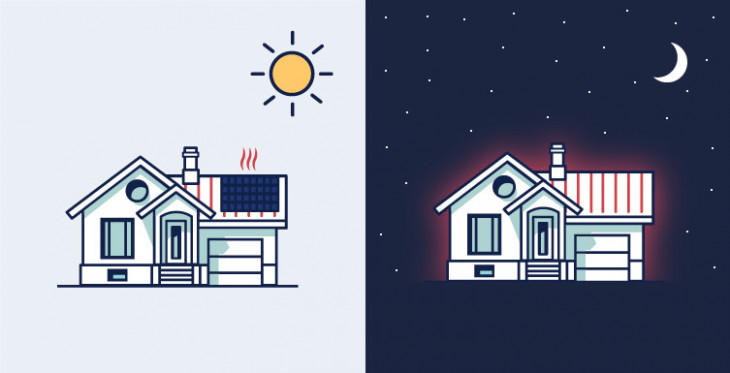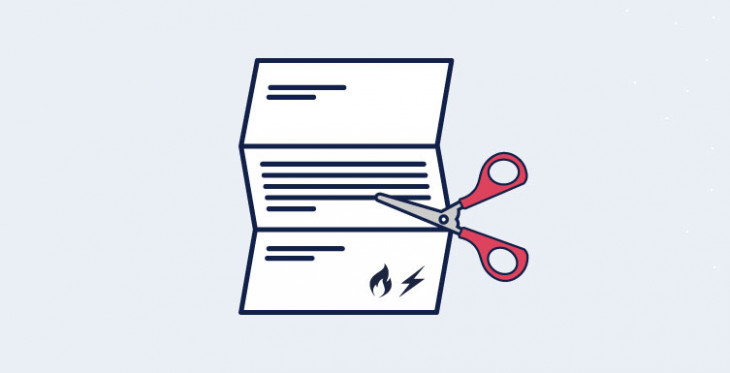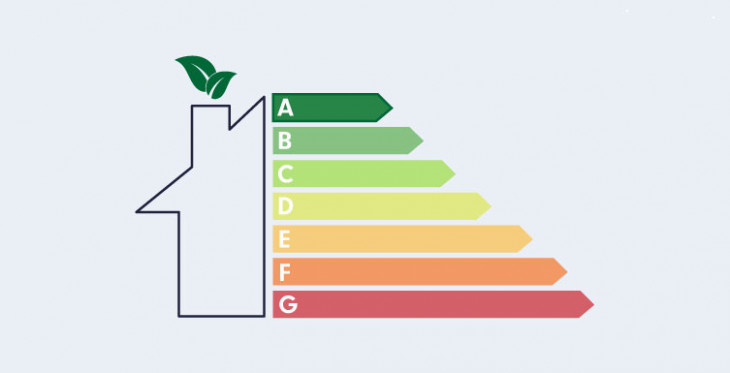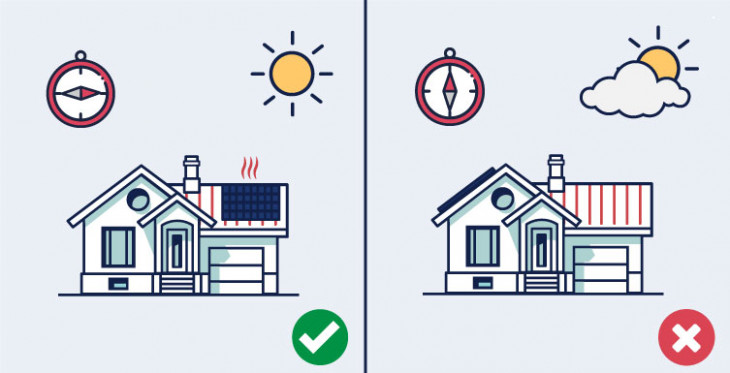

Written by Stephen Day
Gas Safe Engineer
Updated: 4th February, 2026
As more and more people become conscious of their impact on the environment and the ban on the sale of new gas and oil boilers in new homes comes into action in the next four years, one of the biggest questions is: what’s the alternative?
Two of the biggest growing trends right now are combi boilers and solar panels thanks to their great number of benefits.
Solar panels have become increasingly popular as they are great at helping to cut energy bills.
Get a free fixed price quote for a new boiler installed fast! - Find the perfect boiler!
Approximately 50% of British households own a combi boiler and 77% of new boilers sold in the UK last year were combis.
It’s no wonder they’re so popular thanks to their ability to provide instant hot water, and compact size without the need for an additional water storage tank.
This has prompted the heating industry to start developing solutions which allow electric combi boilers to be powered by solar energy, however, there are currently only a few combi boiler models available on the market that are actually compatible with solar thermal systems due to the complexities and challenges involved with combining the two.
Installing the solar panels on the roof is the easy part- it’s managing the solar heating alongside the existing heating system which is proving to be the problem.
This is because most people tend to utilise their hot water and heating during the mornings and evenings, however, solar energy only lands on the panels during daylight hours, which can be as short as 8 hours during the UK winter months.

As you can imagine, this creates quite the problem as winter time is when we really need our heating and hot water the most, particularly during the dark and chilly mornings.
In order for solar panels to work effectively at powering a boiler all year round, the hot water heated by the solar energy during daylight hours needs to be saved and stored for later use in an additional hot water cylinder, though this defeats the point of having a nice compact combi boiler that fits neatly into your kitchen cupboard.
Technically, yes, it can be done, however, there are a great number of factors that determine whether or not your solar thermal system can actually be matched with the combi boiler you have installed.
Only some types of boiler accept pre-heated water, whilst 45% of combis do not have the temperature rated components on their incoming side, meaning they cannot accept pre-heated water.
If your boiler does accept pre-heated water, make sure to check with the manufacturer what the maximum temperature of pre-heating water your boiler can accept is.
If you would like to see more information on combi boilers, take a look at our review of the best combi boilers on the market.

Once the initial installation cost is covered, there are no ongoing payments for the panels themselves, as they harness energy from the sun.
This can lead to a noticeable reduction in your energy bills each month, making them a valuable investment, provided they’re a good fit for your home.

Solar hot water heating is a renewable source of energy, helping you to reduce your carbon emissions and do your bit for the planet.
They technically can work all year round with the right conditions and the addition of thermodynamic panels for complete sustainability.
Is your home in a sunny location that would allow it to benefit from solar panels?

You need roughly 5 square metres of roof space faxing East to West through South collecting sunlight in order for it to work effectively.
Do you have the space for an additional hot water cylinder?
If you own a combi boiler, you’ll know that they’re compact and require very little space, however, in order to store hot water with solar panels, you’ll need extra room for the hot water cylinder.
Is your current boiler compatible with solar water heating?
There’s no point investing all that money into solar panels, only to realise they don’t actually work alongside your boiler so make sure to do some research first.
If your heating bills are becoming surprisingly high, it’s probably because your old boiler is inefficient.
If you’re in need of a new boiler but don’t fancy the idea of solar water heating, you can still save up to £380 a year by purchasing a brand new, A-rated efficient combi boiler.
Why not get a free, fixed quote on a brand new combi plus installation with iHeat today?
Boilers can be a daunting purchase for many people as they’re an appliance with a lot of responsibility, providing heat for you and your family is something you want to get right. Boilers aren’t exactly a quickly disposable item either, potentially lasting you a decade.
Effectively, new boiler cost can be split into two segments: the first is the actual boiler itself (unit price), and the second is the cost of the boiler being installed (set up) in your property by an expert engineer.
Here at iHeat, we want to remove all of this undue stress and make the decision making process of upgrading to a new central heating system, as easy as possible.
Get a quote in 60 seconds, fitted as fast as next day!
0% APR finance available.
Last updated: 4th February, 2026

Written by Stephen Day
Gas Safe Engineer at iHeat
Stephen Day is a Gas Safe registered and FGAS certified engineer with over 20 years of hands-on experience in the heating, cooling, and renewable energy industry, specialising in boiler installations, air conditioning, and heat pump systems.
LinkedInArticles by Stephen Day are reviewed by iHeat’s technical team to ensure accuracy and reliability.

13th February, 2026
Boiler energy efficiency refers to how well a boiler uses its fuel to generate heat. This...
 Read Article
Read Article

12th February, 2026
This Valentine’s Day we want to let you in on a dirty little secret…
 Read Article
Read Article

12th February, 2026
In this guide, we’ll be answering some of the most frequently asked questions about what h...
 Read Article
Read Article
No obligation. Takes less than 60 seconds.